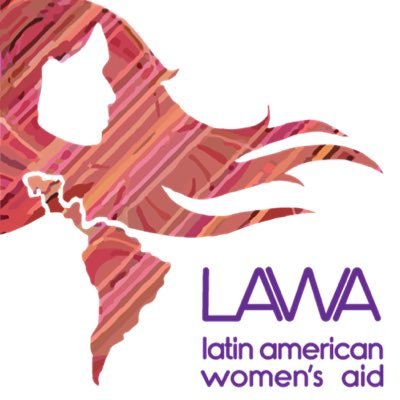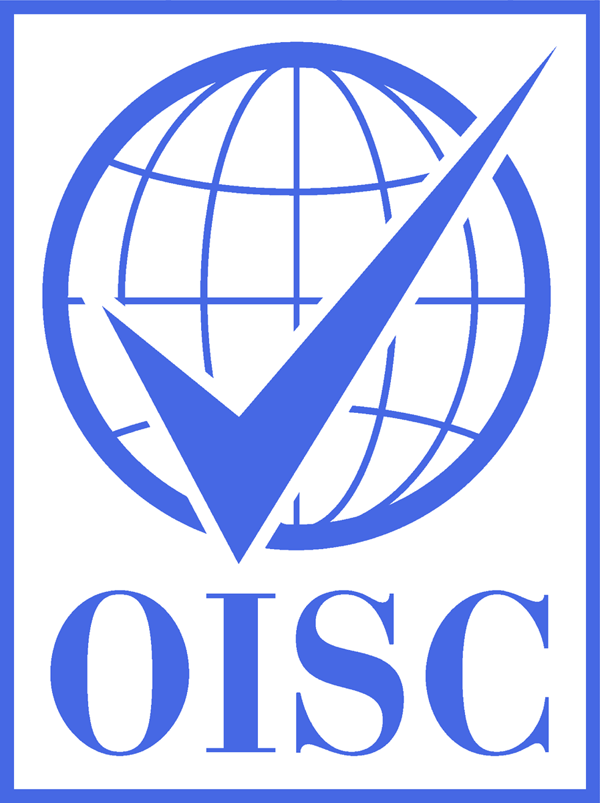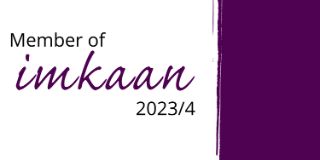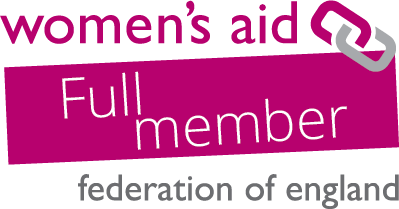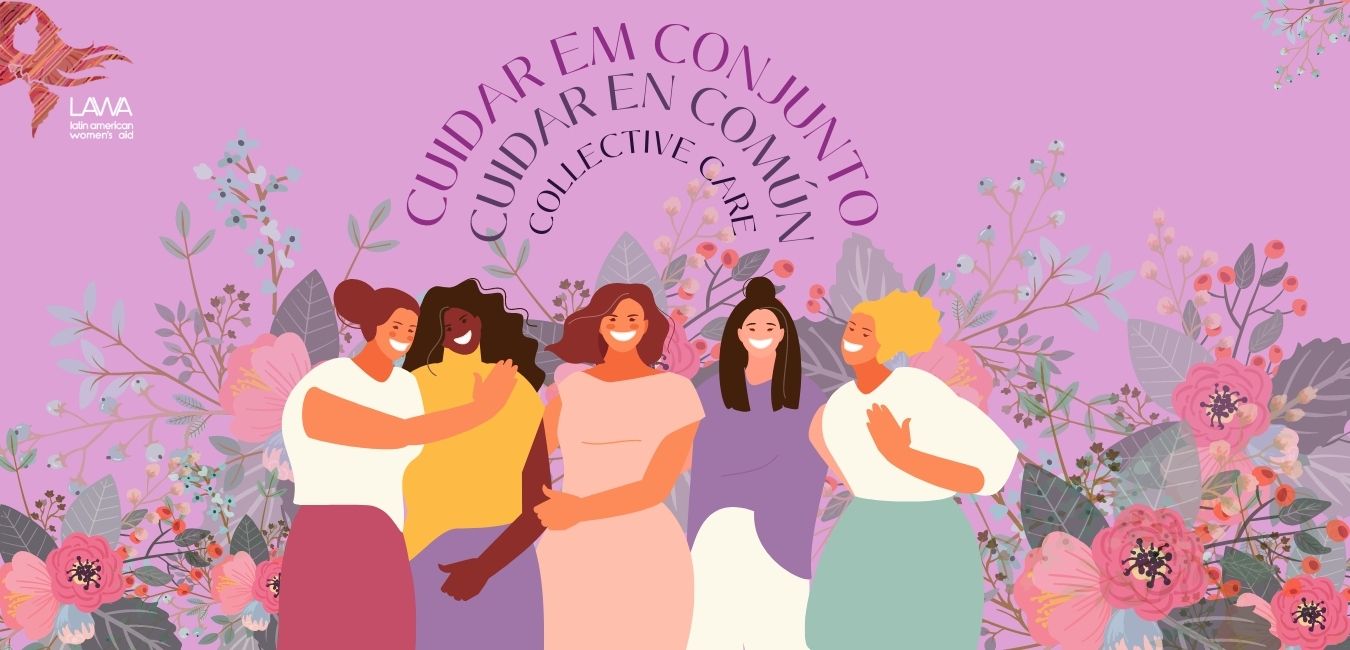 *Written collectively by our Change Maker Program participants
*Written collectively by our Change Maker Program participants
Some of us have heard or read Audre Lorde’s quote, “Caring for myself is not self-indulgence, It is self-preservation, and that is an act of political warfare”. Originally written in English, we sometimes lose in the translation from English to Spanish or Portuguese the word warfare, which means “battlefield”. Audre Lorde used this word because she was herself fighting a battle in her own body against cancer. Unfortunately, she lost the battle and passed away at her 58s, of breast cancer.
Keeping in mind what is behind this powerful quote leads us to the reflection that taking care of ourselves, of our bodies and seeing them as territories where battles are fought daily, is not like a “reward for having worked a lot”, or an act of selfishness or individuality. It is an act of resistance and, as Lorde said, of self-preservation. In its political dimension, self-preservation cannot be a personal or individual act; others are required to build and sustain spaces for meeting and exchanging skills, knowledge, and resources. It is very valid to listen to yourself and say: “Hey, wait, this is causing me a lot of pain, anxiety, or discomfort, I can’t handle this because if I continue like this, it’s going to hurt me, and I don’t want that”. That is the time when the battle begins: to go against the status quo that tells us that always, that all the time, we must be productive and stop only when we are truly on the verge of collapse. Moreover, if we stop, the mainstream culture dictates that we must find the answer or solution personally. Nevertheless, in fact, individuality is the answer; we need to grow with other people. May we be humble enough to ask for help before the collapse, and to exercise our right to be cared for; feel accompanied and not judged in the process, this is practice mutual aid and collective care.
Five years ago, in LAWA, we thought about building a space by and for Latin American and racialized women living in the United Kingdom. The idea was to have a space to meet and practice collective self-learning, where we could sustain and take care of ourselves because the realities that we face when we integrate this country are multiple and, sometimes, difficult to carry only on our own. This is how within the Change Maker Program we have a particular workshop dedicated to self-care and decolonial cures, although our methodologies are always focused on collective care.
These workshops and activities were designed to share our battles, but also what we do to resist love, and preserve ourselves, putting into practice collective care and mutual aid and, if possible, replicating it in the spaces where we are. Every year, we learn so many things: from dancing with drum music to massaging each other, we have shown each other’s our bodies scars that we think make us ugly, and we cover them with love and compassion. The Brazilian Change Maker Cohort has made food and made fuxicos, which are small fabrics ornaments to express emotions. We have also not avoided talking about our mental health and asking for professional help if necessary.
Now, with the Covid-19 and the restrictions that we faced, at least in the United Kingdom, many of us had time to reflect. How to take care of ourselves? How takes care of us? These are just questions to think about the importance of having networks where no one is left without care, without love, and without the opportunity to be part of the collective well-being, especially in our migrant and refugee communities.
In the spirit of sharing on this International Self-Care Day, some of the Change Makers share their thoughts according to their experience as mothers, as working women, some more racialized than others, some who already have a more stable immigration status than others, for example.
— I used to go dancing in Colombia, but here in Italy, I do not feel like it. Stretching, yoga, or moving helps me fall asleep when I am very anxious or angry. Also leaving home without my children, to have time for myself, helps me. (Andrea)
— I do meditation in action when I germinate seeds or when I work in my garden. I also change my furniture order, I always have flowers at home, and I sing and dance, sometimes. And I like to take a bath to remove the negative, play with my clothes and my earrings, or challenge myself to write sonnets. (Martha)
— I put cold water with ice on my face, cancel meetings for which I have no energy, eat delicious food, encourage me to talk to someone, go to bed early, go to bed to enjoy nature or walk, also write, sing, clean, light candles, let myself be with all my contradictions, watch comedy. (Paloma)
— Move my body, meditate and hug a tree. So, I feel like someone hugs me back. (Caro)
— After having my third child, I gained a lot of weight. In this process, I am self-compassionate and I am learning to relate to my body without guilt and expectations. My body is not an apology. (Jael)
— Let me feel what I’m feeling, go for a walk, even for a while, and cancel meetings if I don’t have energy. (Yadira)
— In this time of inexplicable discontent or discomfort, the fact of sharing, even if it is brief, makes me feel good. That gives a value to life that changes us and gives us the intention to get ahead. (BCG)
— Play, even virtually with my nephew, change routine as much I can walk alone, laugh alone, and dance watching my reflection in the window. (Denisse)
— Moisturize my body and recognize it as a challenge for 45 days. After that, I felt a different approach with the body that I inhabit, I found muscles, textures, and shapes that I imagined, but did not know how they felt to the touch. (Soraya)
And you who is reading us, what do you do to take care of yourself? Do you have a collective practice? Can you tell us what are you doing about collective care? Share with us your experiences, we want to hear you.
